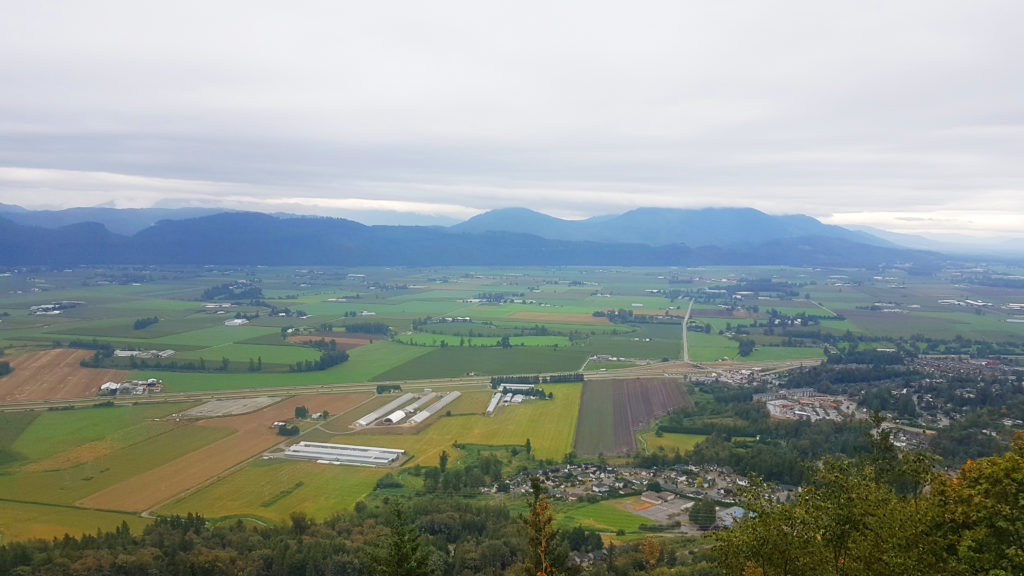The future of food through agricultural technology
This ground-breaking research explores the potential of cellular agriculture – food created in a lab – to create a year-round supply of nutritious food and develop jobs in an exciting new field.
COVID-19 has revealed multiple vulnerabilities in food systems and supply chains. An emerging set of technologies known as cellular agriculture could enable local, reliable production of dairy and meat alternatives with a low environmental footprint. Cellular agriculture enables people to produce food products using cell cultures and tissue-engineering or fermentation-based techniques.

Led by the Food and Agriculture Institute at the University of the Fraser Valley in BC, this initiative could improve food security by providing a constant supply of nutritious food while also increasing job skills and employment. However, technology alone cannot comprise a food systems solution, and the creation of an effective, resilient food system strategy requires the technology to be viewed through a comprehensive social, cultural, economic, and environmental sustainability lens.
Future Skills Centre is investing $234,859 in this 2-year project. Using the region of BC’s Fraser Valley for a case study, this research explores the potential of cellular agriculture to enhance food security, economic development, and sustainability in Canada. The research uses a community-based approach to engage local government, stakeholders, and community members and to collaboratively explore opportunities and challenges around the development of a local cellular agriculture industry. The results of the project will provide a plan and roadmap for developing such an industry in the Fraser Valley, and the findings will provide details on initiating a local pilot project.
Evaluation Strategy
This project is evaluated using tools and approaches aligned with its goals, context, and stage of development. The evaluation focuses on generating the right evidence at the right moment to move the intervention forward. Read more about our evaluation strategy.





